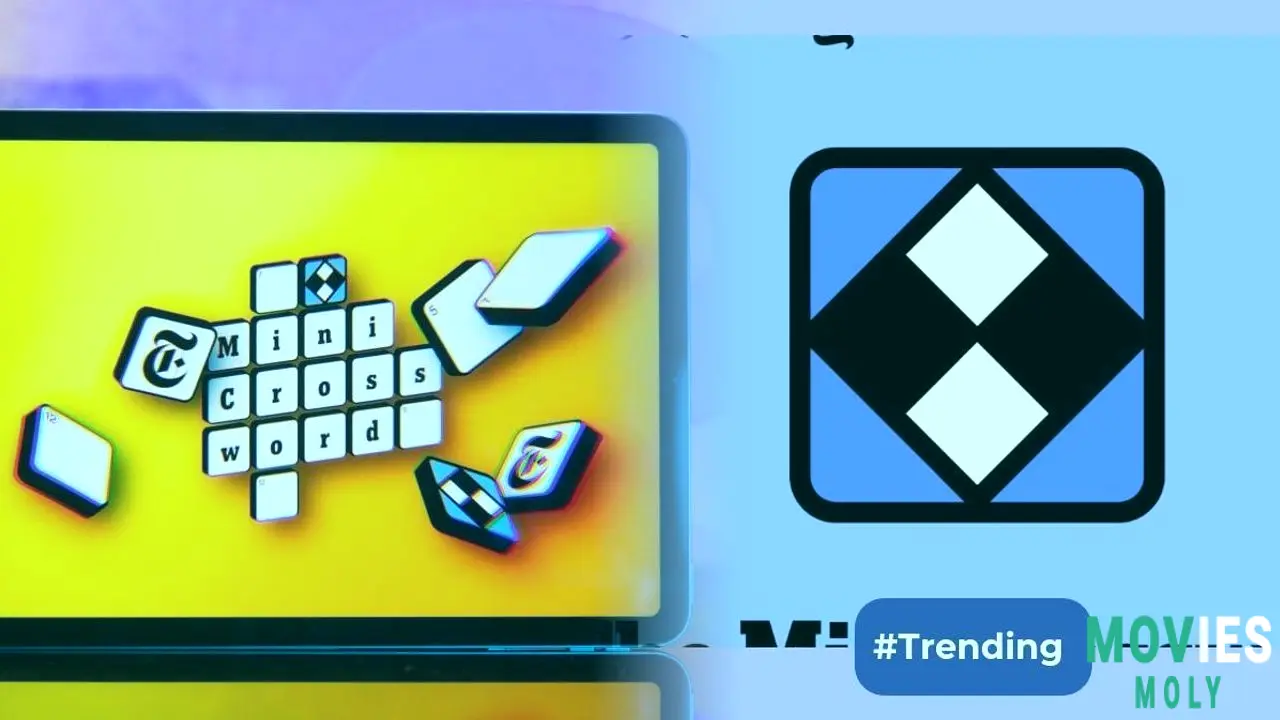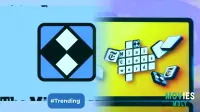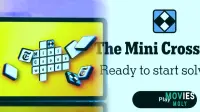If you're anything like me, you undoubtedly have a little routine every day. Maybe it's your morning coffee, or maybe it's relaxing with a fast puzzle. For many, that puzzle is the New York Times Mini Crossword. It's a simple, quick, and enjoyable approach to get your brain working. It is simple to play on your phone or computer, and it is completely free. Unlike its larger sibling, the complete New York Times Crossword, the Mini does not require a subscription.
But sometimes, even in this small puzzle, you come upon a hint that makes you stop. You stare at it. You think. And you come up empty. That is exactly what happened to me lately when I received a hint reading "Boston Brahmin types." I glanced at it, thought for a bit, and shrugged. I had no quick idea. This is part of the excitement with these problems. They challenge you with words or phrases that may be unusual in ordinary talks. It feels amazing when you eventually figure it out, or when you check it up and learn something new.
The Mini's appeal stems from its ability to solve problems quickly. For many, it is a race against time. So when a clue stops you in your tracks, it might be frustrating. However, it also increases the challenge and joy of completing the grid. This hint, "Boston Brahmin types," was a fantastic illustration of something that could confuse players who are unfamiliar with specific historical or social concepts. This isn't something you hear every day. However, it prompts you to consider how different terms are connected.
Why Did That "Boston Brahmin Types" Clue Make So Many People Pause and Think?Breaking Down The Answer That May Have Puzzled Many New York Times Mini Crossword Solvers.
The answer to the "Boston Brahmin types" clue was WASPS. Now, if you know anything about history or social groups, this may have come to you fast. WASP stands for White Anglo-Saxon Protestant. This word refers to a group of people in American society, particularly historically, who are frequently linked with wealth, privilege, and long-standing family connections. The "Boston Brahmins" were a prime example of this demographic. They were a close-knit group of elderly, rich Boston families. They were noted for their intellectual pursuits and high social standing. As a result, the clue was quite unique to a certain historical and social perspective.
I certainly didn't understand it immediately away. My initial estimates were completely off. It's remarkable how a hint can be so simple in wording, but the answer requires a highly specific piece of knowledge. It's not simply about knowing the words. It is important to understand the context in which those terms are used. This is one of the NYT puzzles' strong points. They do not only test your vocabulary. They test your general knowledge, phrase comprehension, and, in certain cases, cultural awareness. This can be entertaining, but also sobering when you realize how little you know.
For me, solving crosswords is often about filling in the blanks around the difficult sections. If you can fit enough "across" or "down" words around a difficult hint, the letters will frequently reveal the answer. This is how I generally approach these miniature puzzles. I start with the easiest ones. Then I return to the harder ones to see what letters I have. This time, I had to rely heavily on that strategy for the WASPS solution. It was satisfying to finally see it fit in place.
Other Clues for the "Boston Brahmin Types" Puzzle Challenge
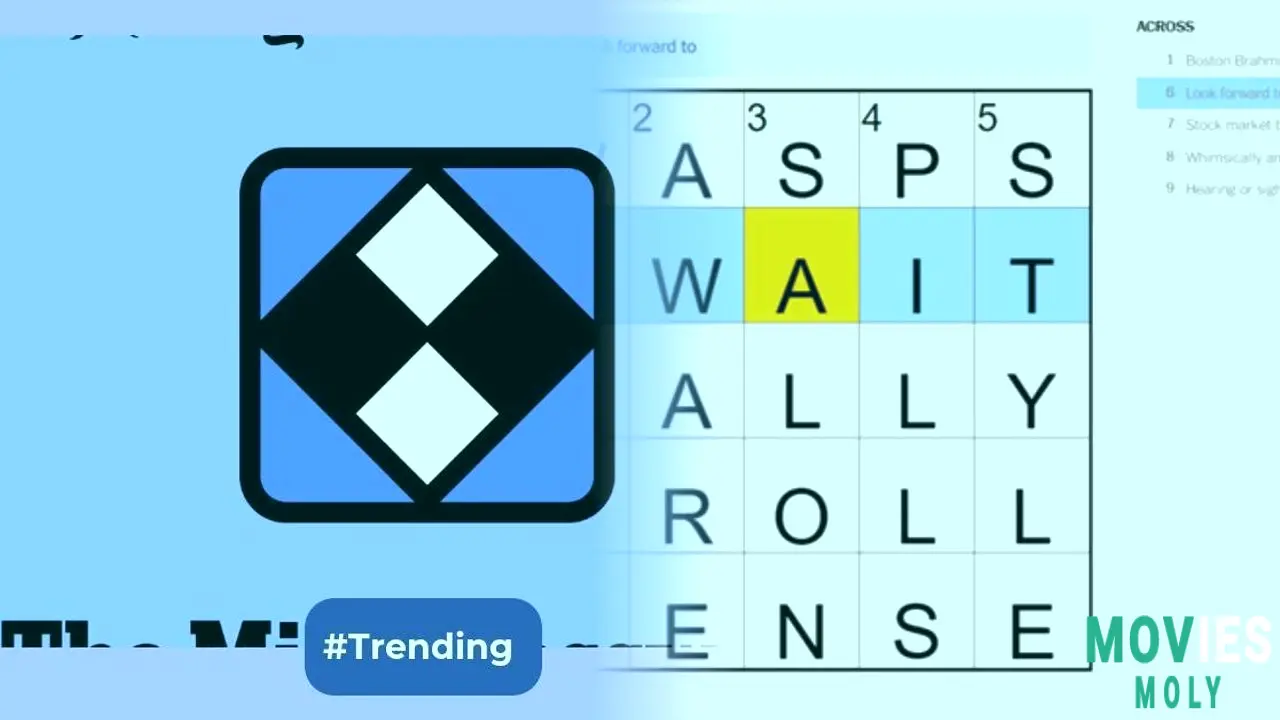
Take a look at some of the other words and ideas used in this particular mini crossword.
The "Boston Brahmin types" clue appeared in the June 17 New York Times Mini Crossword, which also included a few other fascinating terms. For "Look forward to," the answer was AWAIT. This one is really straightforward. It is a popular enough word that matches the criteria nicely. Then there was the "stock market bounceback," which resulted in a rally. This is an excellent illustration of how the Mini frequently employs current or financial phrases that are common enough to understand. It balances difficult clues with easier ones.
Another clue was "Whimsically amusing," and the answer was DROLL. This word may not appear in everyone's daily talks, but it is a useful word to know. It captures the essence of the clue. "Hearing or sight" lead to SENSE. This is a relatively common word, but the clue is worded widely enough to make you think for a moment. It's the kind of clue that appears simple, but you have to be specific.
Based on the "down" indications, "Voting districts" was WARDS. Again, this is a very frequent term, particularly among those who follow municipal politics or city structures. "Oh, I'm well, ___!" was aware. This is a fill-in-the-blank style clue. It is based on a frequent phrase. "Establishment offering chemical treatments" resulted in SPA. This is a classic crossword solution. It is short and well-known. The term "contents of a box labeled SMTWTFS" referred to days. This is clever. SMTWTFS stands for Sunday, Monday, Tuesday, Wednesday, Thursday, Friday, and Saturday. This hint makes you think about how you plan your days. Finally, "Focus of Vogue and Elle" featured STYLE. If you're familiar with those mags, this should come as no surprise. These additional indications demonstrate the Mini's usage of various terms and concepts.
How the New York Times Mini Crossword keeps people coming back for more daily brain teasers.
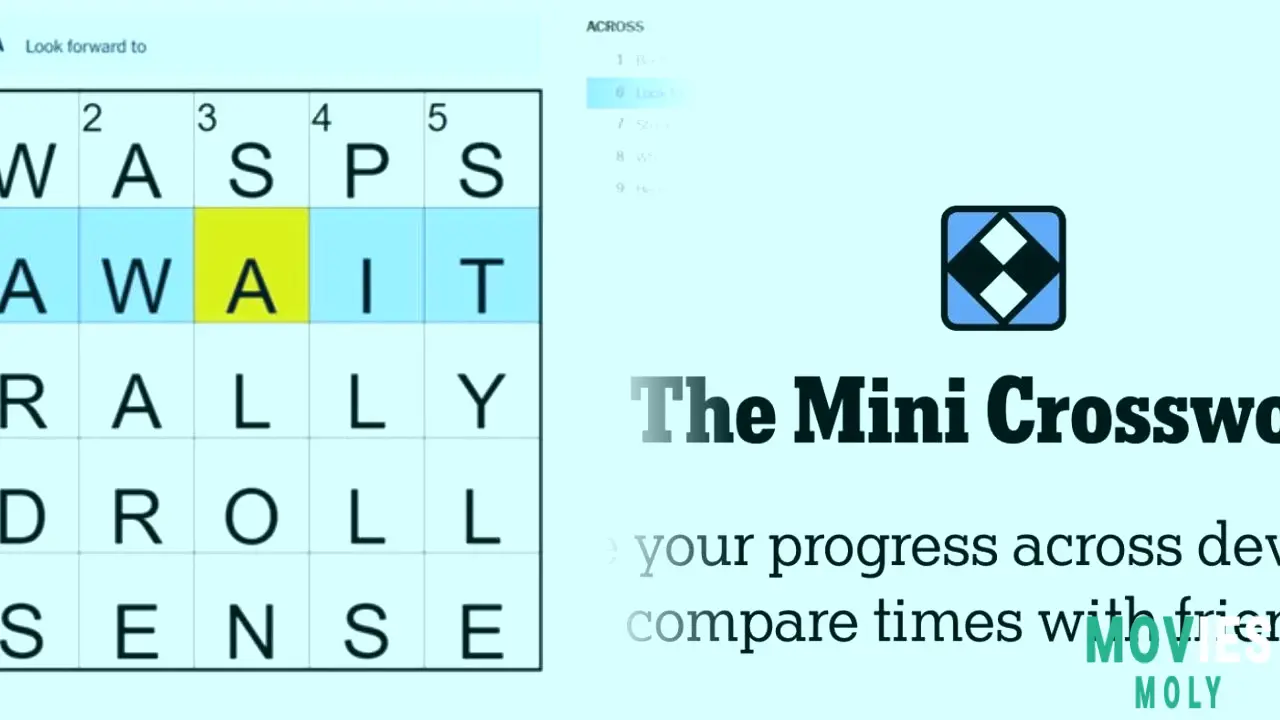
This little puzzle is a favorite among many people due to its simple yet engaging format.
The Nyt Mini Crossword has amassed a large audience because it hits the appropriate note. It's short enough to finish in a few minutes. This makes it ideal for a quick break during the day. You don't need to set aside as much time as you would for the main crossword. This accessibility is a major factor for its success. Many people use it to ease into their day or as a little mental respite.
I believe that the sense of accomplishment plays an important influence. Even if it is modest, completing a crossword puzzle makes you feel intelligent. Every day brings a modest victory. And when you're stuck by a clue like "Boston Brahmin types," the completed puzzle is even more enjoyable. It's also an ongoing learning experience. I frequently find myself digging up unfamiliar words or concepts, which feels nice. It's a way to gradually broaden your knowledge without feeling like you're learning.
The puzzle design also helps. It has a 5x5 grid, which is small enough not to be overwhelming. Every square appears in both a "across" and a "down" word. This means that each letter you enter helps you spell two words. This interconnection helps the solving process flow smoothly. It makes each accurate answer feel twice as useful. This allows you to swiftly gain momentum and fill in the grid. It's a great concept that makes the challenge feel approachable and gratifying.
Reflecting on the daily joy and occasional frustration of the New York Times Mini Crossword
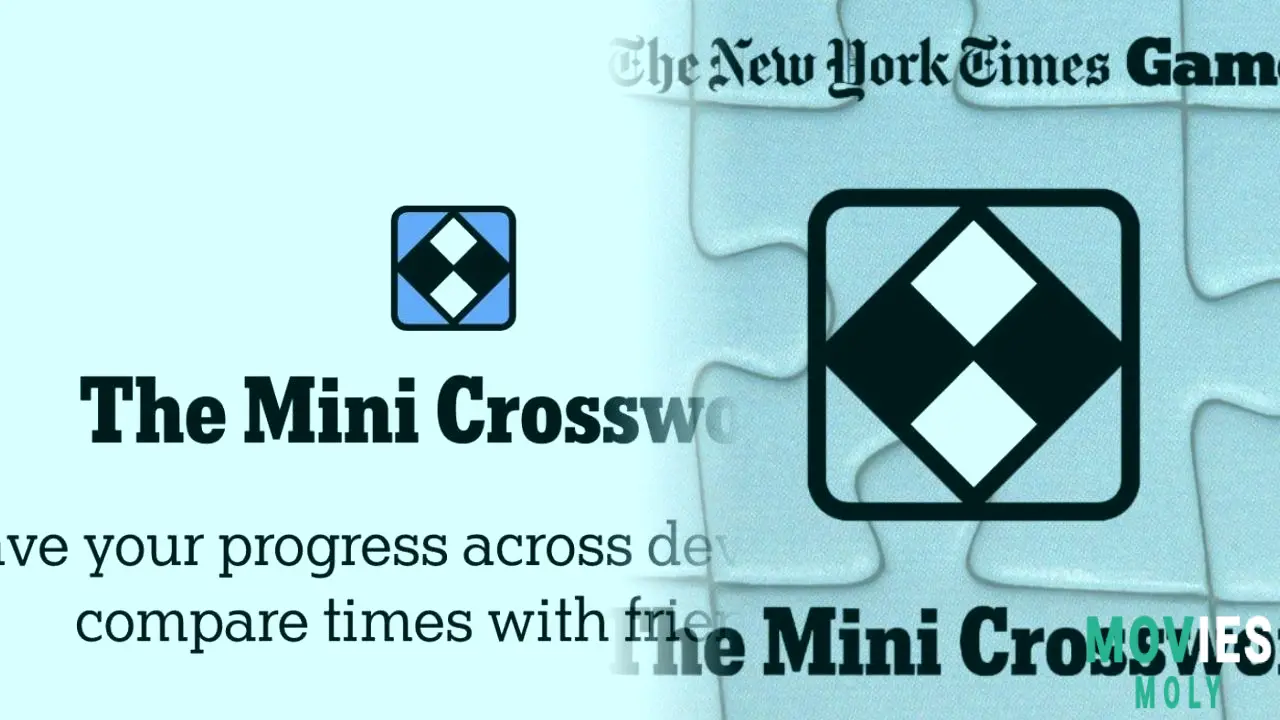
My Personal Experience And Why I Believe These Small Puzzles Are So Enduringly Popular.
I must declare that the Mini Crossword is a must-have for me. It is a peaceful moment of focus in an otherwise hectic day. Even when a tip like "Boston Brahmin types" throws me off, it only adds to the whole experience. It implies that there is always something fresh to learn or a different way to think about language. I truly like that. It engages my intellect in a fun way. It doesn't feel like effort.
It's also nice how these puzzles unite people. I frequently see people online or hear others discussing their experiences. They explain how they became stuck or how quickly they finished. It fosters a little community through a common daily activity. That's very cool for something as easy as a word puzzle. It demonstrates that good design and a touch of challenge may result in something extremely popular.
So, even if you are not a "WASP" or a "Boston Brahmin type," these problems are appropriate for everybody. They provide a small dose of daily entertainment and an opportunity to sharpen your brains. And who knows, you might learn something about historical phrases or market rallies along the way. I know that I do. It's a daily dose of clever entertainment that I don't intend to cease anytime soon. If you haven't tried it yet, I recommend that you do. You might discover your new favorite daily ritual.

